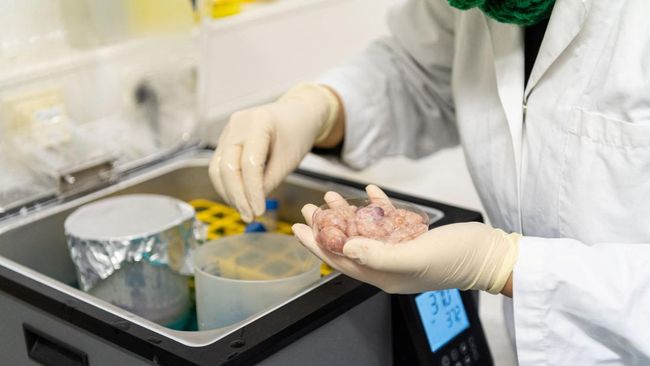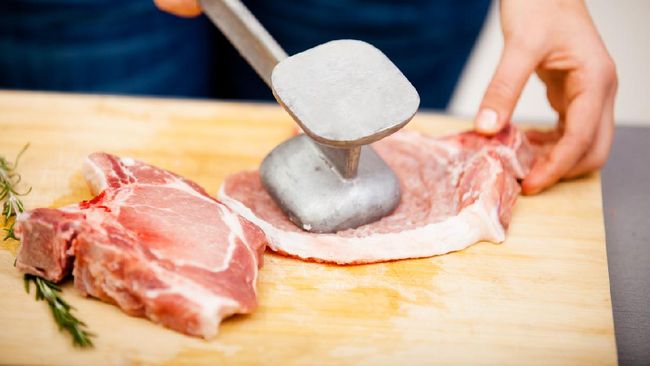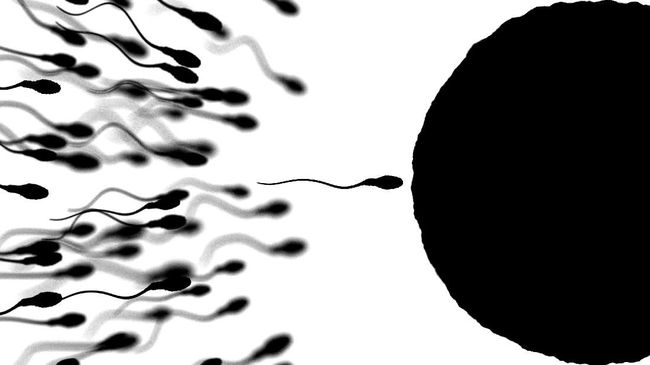
List of contents
Jakarta, clubnet Indonesia
–
World development
medical
Modern has given birth to many methods
treatment
new.One of them is an organ transplant, a technology that is considered revolutionary because it is able to save millions of lives.
If in the past humans could only surrender to the condition of damaged organs, now there is an opportunity to replace it with new organs so that the body’s function can return to normal.
However, the presence of organ transplants also raises big questions among Muslims, is this action allowed in Islamic law?How is the law donating part of the body, both in life and after death?
Launch
NU Online
, these questions cannot be answered simply.The reason is that Islamic law not only talks about medical matters, but also concerns the value of humanity, body honor, to God’s rights to the life of a servant.
Islam itself emphasizes the importance of maintaining the soul, as expressed in the Qur’an:
“Do not drop yourself into destruction” (QS. Al-Baqarah: 195).
This verse is understood as the duty of a Muslim to find a way of treatment when sick.In other words, organ transplantation is basically included in the realm of efforts to maintain life.However, in practice, the scholars provide a fairly complex legal details.
So, what are the forms of organ transplants and what are the laws in the Islamic view?The following explanation:
1. Transplant organs from the body itself
This type is known as Autograft.An example is a skin transplant to close severe burns.
Shafi’iyah scholars allow this because the principle is the same as “damaged part in order to save the whole.”During treatment, not for beauty, transplants from the body itself are considered valid in sharia.
2. Transplant from others
Transplants from others are divided into two categories, namely from living people and from corpses.Transplants from living people are allowed if they do not endanger the safety of donors.
Great scholars such as Sheikh Al-Buthi asserted, if the doctor ensures that the donor’s life remains healthy despite loss of certain organs, then the donation of legal organs is carried out.But if there is a high risk so that it can threaten lives, donor law turns haram, even though the donor is willing.
Meanwhile, donors from the corpse itself triggered two different opinions.Some scholars forbid because they are considered to damage the honor of the corpse, while others allow tight conditions, for example there are urgent needs, there are no other alternatives, as well as permission from the heirs.
Sheikh al-Buthi’s view was even more loose, he allowed with the condition of the approval of the heirs, because the honor of the corpse was considered a legacy that could be arranged by the family.
3. Transplant from other species
What if the organ is taken from animals?NU in the 1994 Conference in Cipasung emphasized that transplants from unclean animals such as illicit pigs were carried out if there were still alternatives from sacred animals.However, if in an emergency, for example only the pig organs are the most effective and needed to save lives, the law can be allowed.While the organs of the sacred animals from the beginning are not a problem.
(tis/tis)
[Gambas: clubnet video]
Read More: England will admit Palestine this weekend after being visited by Trump
Read More: BOS NUTRITIONAL AGENCY Call MBG has created 600 thousand jobs


